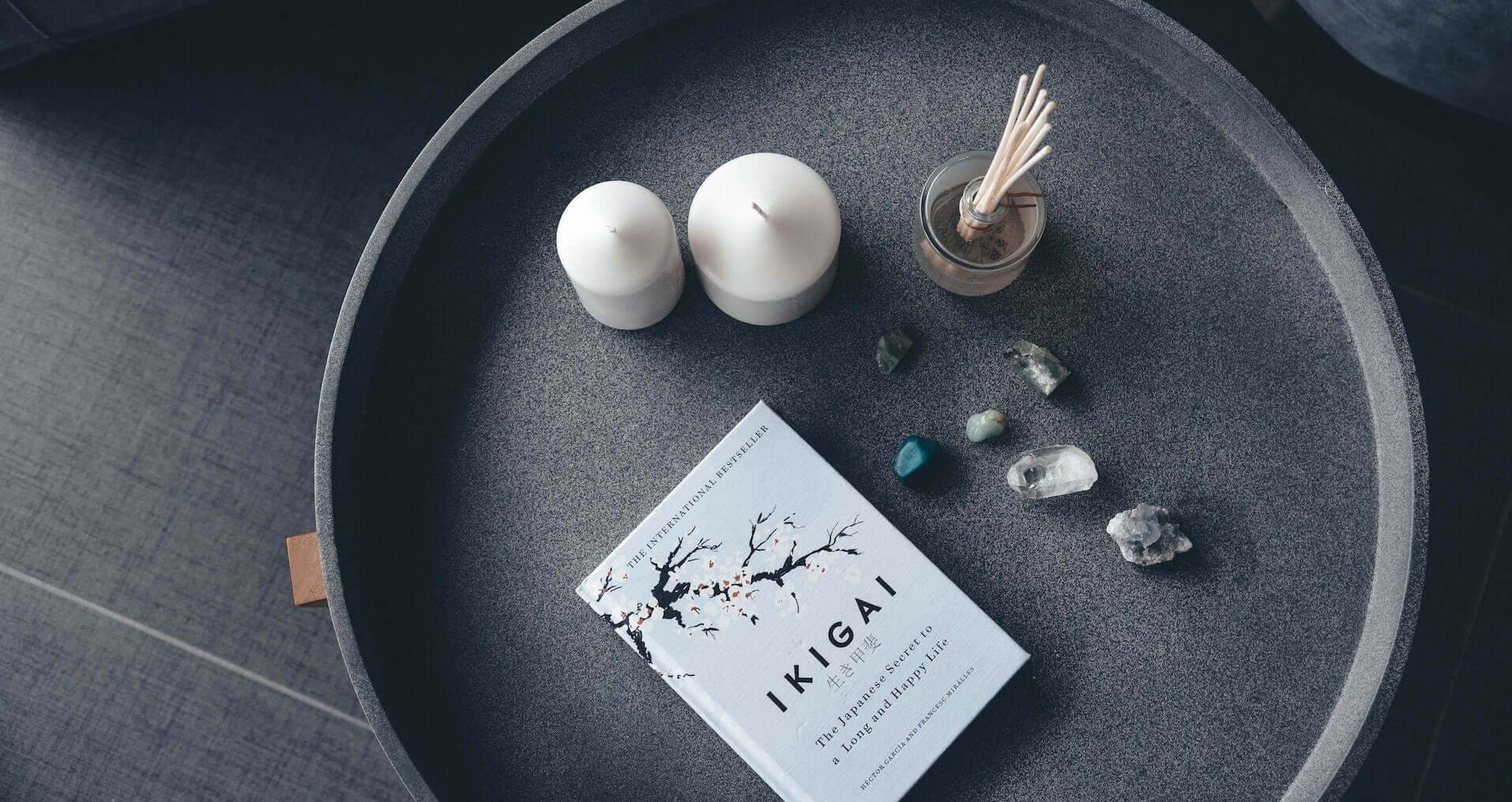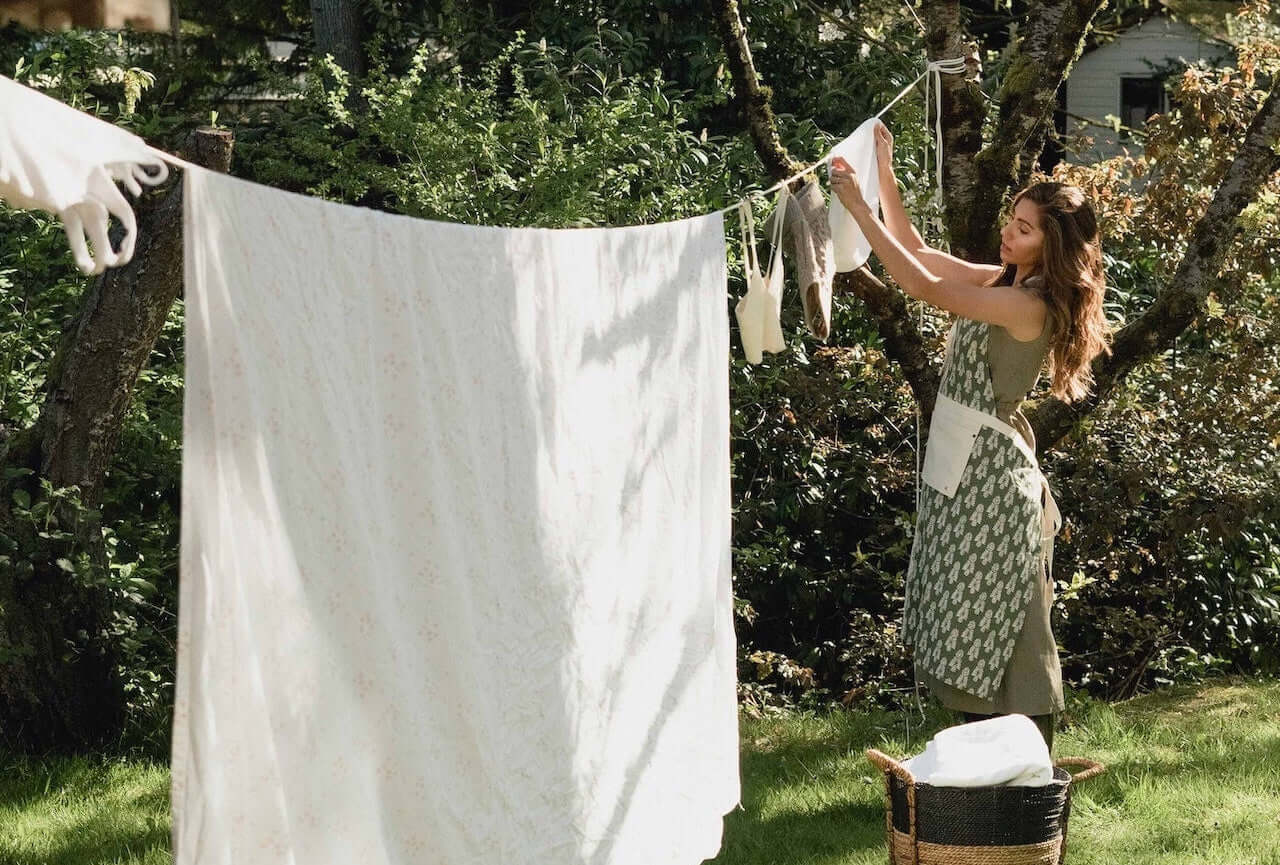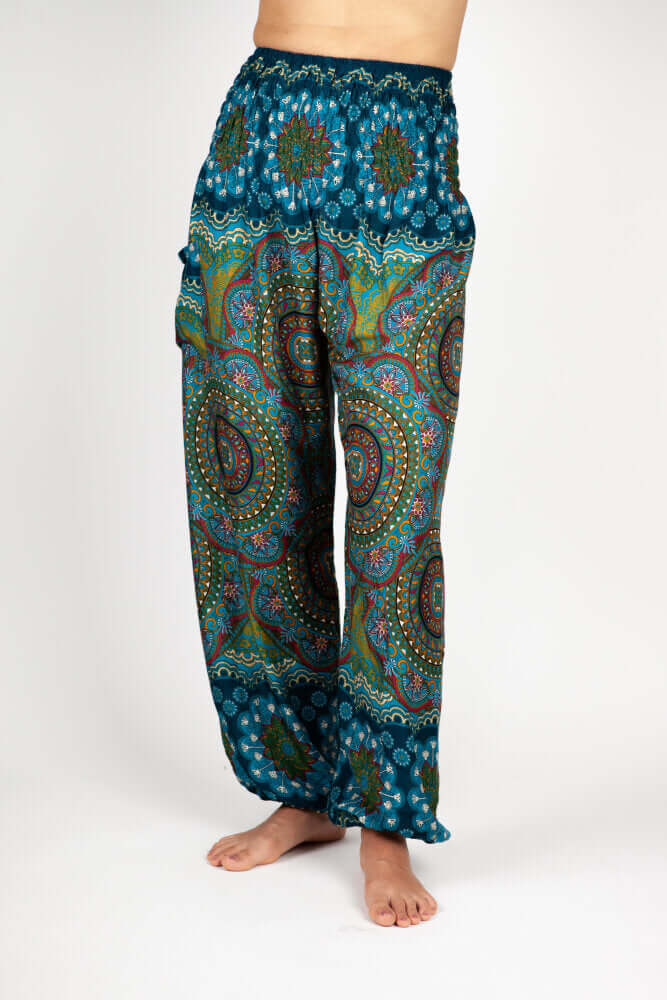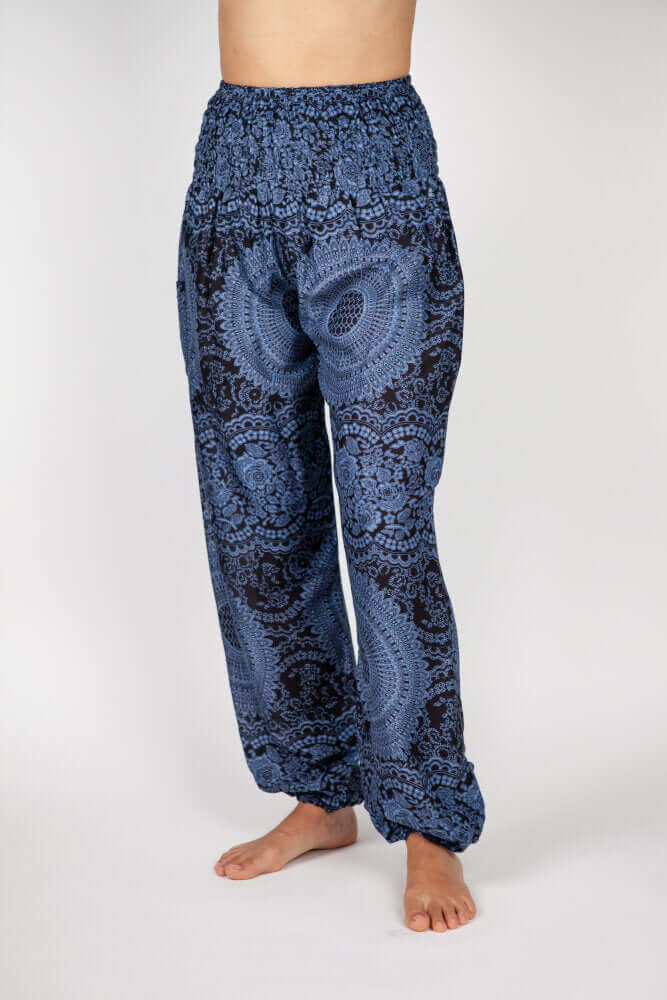
Inhaltsverzeichnis
Find the meaning of life with Ikigai?
The Ikigai philosophy or method promises a simple way to find the meaning of one's life. But is that really what lies behind the Japanese concept, or is it actually about something else entirely? Here you'll learn what Ikigai can do—and what it can't.
Ikigai – What is it actually?
The word “Ikigai” comes from Japanese and loosely translated means “meaning of life" or "the feeling of having something worth getting up for in the morningThe Western interpretation of this philosophy has been gaining traction, especially in the last decade: Life and business coaches work with the method, self-help books address the concept, and there are entire videos and podcasts dedicated to Ikigai. So what exactly is behind it, and what makes Ikigai so successful?
The Western understanding of Ikigai
First, let's look at what ikigai means in our modern, Western circles. Later, I'd like to discuss what ikigai originally meant—and how it is practiced in the traditional sense.
Ikigai today means finding the meaning of one’s life, particularly through concrete Exercise: You are looking for the personal Intersection between what you love (doing), what you're good at, what you can get paid for, and what the world needs. The following Venn diagram illustrates this:

This is exactly what makes the concept so popular: Ikigai is fast explained, simply to grasp and can concrete be addressed.
The search for one's own Ikigai can be especially helpful when we feel like we don't know what to do or where we want to go with our lives. When we want to reorient ourselves or get to know ourselves better. Having an Ikigai means, in the best case, to find meaning in what we do every day. To make wishes come true. To fulfill needs.
You may already be wondering what happens if you can't find the intersection between the four circles. Should you feel bad then?
The Western view, which mostly focuses on the quantity diagram shown, has no concrete answer to this. My answer is: One should not feel bad about it in any case. Ikigai should not be seen as the ultimate goal or the ultimate goal. In my view (and according to the traditional view), Ikigai is rather a process and can both change and be lived in different ways. More on that in a moment.
What the Western understanding of the Ikigai method cannot do
Not everyone finds their personal ikigai right away. Some people need days, months, or even years. Some will find that the contents of the four circles or areas change depending on their life stage or phase. That's okay.
The original “promise” that one will inevitably find one’s own meaning in life with the Ikigai diagram is therefore not always fulfilled or complied with.But if we do not see this as the aim of the exercise, but rather as chance understand, get to know ourselves better and navigate ourselves in a direction that corresponds to our idea of a fulfilling life, then Ikigai can bring us a lot.
How to live Ikigai in its original sense
Ikigai in its true, traditional sense is more of a philosophy of life than the one thingthat gives meaning to our lives. It is about Finding meaning in everyday and small thingsTo pause, to be in the moment, and to fully concentrate on what we are doing. Ikigai can also mean enjoying your coffee; seeing, tasting, and smelling it. Or being truly present in a conversation with a friend; being aware of it, living it, and appreciating it.
Ikigai can in various areas of life can be found and in each of these areas Ikigai can look different.
One last thing I would like to mention: The original Ikigai philosophy does not include the point of financial remuneration, i.e., the area of "What can I be paid for?" Rather, rewards in general are discussed. Rewards can be financial, but of course, they don't have to be. Feeling useful and needed, fulfilled, capable, or helping others—all of these can be equally rewarding and sense donate.
If you want to learn more about topics like mindfulness & spirituality, sustainability, family and pregnancy or healthy nutrition, Check out some exciting blog articles about it here.




























Leave a comment
This site is protected by hCaptcha and the hCaptcha Privacy Policy and Terms of Service apply.